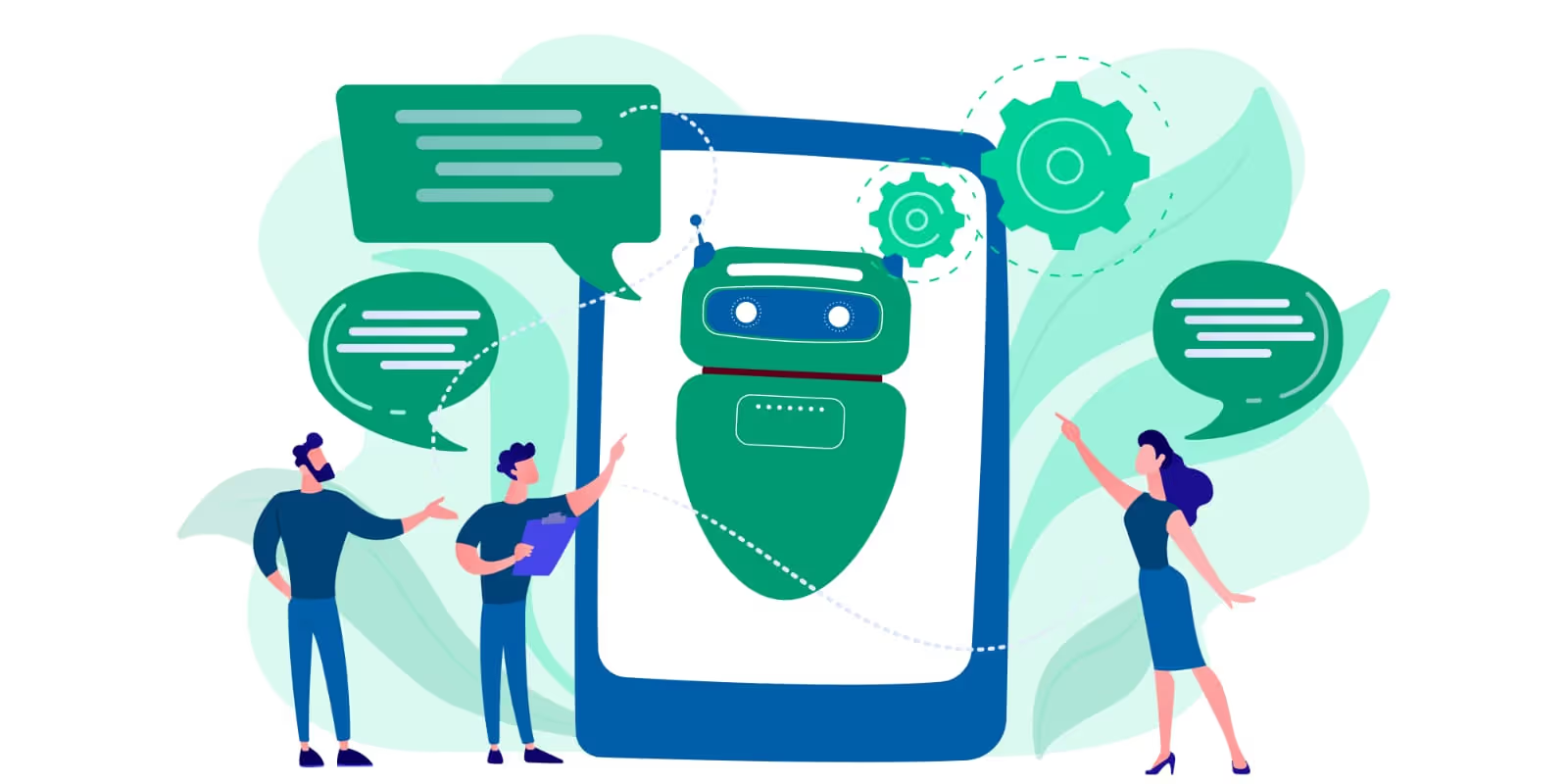
Why are more and more companies investing in conversational intelligence? The benefits extend beyond having nicer conversations – they directly impact business performance and the bottom line.
🔖 What is Conversational Intelligence (CI)? Everything You Need to Know
Here are some key benefits enterprises see when implementing conversational intelligence effectively.
Deeper customer understanding and engagement
Conversational intelligence lets you truly understand your customers' needs, feelings, and motivations in a way traditional analytics can't. By analyzing actual customer interactions, businesses gain rich insights into customer sentiment and intent – a window into what customers truly care about.
This leads to more meaningful, personalized interactions. When customers feel heard and understood, they naturally become more loyal. Using conversational intelligence to tailor your responses and offerings to what customers reveal in conversation will result in stronger relationships and customer loyalty.
In short, conversational intelligence helps companies speak with customers rather than just to them, resulting in higher satisfaction and engagement.
Improved team collaboration and communication
Conversational intelligence isn't just about customers – it also improves how employees communicate with each other. When an organization emphasizes conversational intelligence, it trains teams to listen better and share knowledge openly. Misunderstandings decrease, and productivity increases.
For example, sales and support teams might start sharing call insights with each other, creating a feedback loop that benefits everyone. Leaders who practice conversational intelligence foster a culture where ideas and concerns can be voiced constructively. The benefit is a more cohesive, collaborative workforce. Everyone "gets on the same page" faster because key learnings from conversations (with customers or internally) are surfaced and distributed, not locked in individual heads.
Data-driven decision making
In the era of big data, conversations are a rich data source many companies have previously overlooked. Conversational intelligence tools uncover hidden themes and sentiments within thousands of conversations, enabling smarter, evidence-based decisions across the business.
Leaders can rely on trends and insights from real dialogues instead of guessing what features to build next or which marketing message will resonate. For instance, if conversational analysis shows customers consistently expressing a need for faster delivery, a retailer's management can decide to invest in logistics improvements. If employees repeatedly voice a specific concern in town halls, HR can address it before it becomes a bigger issue.
So, by tapping into conversation data, companies reduce the guesswork in strategic planning – they base choices on what people are saying. Conversational intelligence turns the art of decision-making into more of a science.
Higher sales conversion and marketing effectiveness
When sales and marketing teams leverage conversational intelligence, they can significantly boost their effectiveness. As noted earlier, salespeople with conversation insights can tailor their pitches to each prospect's real interests or objections, leading to more closed deals.
It's like having a cheat sheet on what the customer needs to hear. Marketing teams, on the other hand, use conversational intelligence to refine their targeting and messaging – they learn which product benefits customers spontaneously talk about most, or what language customers use, and then mirror that in campaigns.
The benefit is better conversion rates and ROI on campaigns, because messaging hits closer to the mark. Companies have found that by addressing the pain points surfaced through conversational intelligence, they can craft offers and content that resonate more deeply, driving engagement and sales.
Enhanced customer service & loyalty
Companies often see faster resolution times and improved service quality by implementing conversational intelligence in customer support. Agents equipped with real-time insights can resolve issues faster, personalize interactions, and make customers feel truly heard.
This level of attentiveness breeds loyalty.
Conversational intelligence can also proactively alert a business to brewing customer issues (for example, detecting a spike in negative sentiment around a product glitch), allowing them to fix problems before more customers are affected. This proactive approach prevents churn. Essentially, CI helps convert customer feedback (which used to be hidden in call logs or chat transcripts) into immediate action to improve service.
Over time, consistent improvement in service experience becomes a competitive differentiator. Customers stick with companies that understand them and respond quickly to their needs - exactly what conversational intelligence enables.
Competitive advantage
In a crowded market, knowledge is power. Conversational intelligence gives companies an edge by revealing not just what customers think of them but also insights about competitors.
For instance, conversational intelligence tools might catch that many customers mention a competitor's name on calls, asking how your product compares. Or, based on prospects' statements, sales call analysis might reveal why deals are lost to a competitor.
These insights help a business adapt its strategy. Moreover, identifying emerging trends or shifts in customer preferences early on (through keywords and sentiment analysis) means you can act on new opportunities faster than others. Businesses prioritizing conversational intelligence can differentiate themselves by delivering superior customer experiences and building stronger stakeholder connections.
Over time, that translates to a significant competitive advantage – they are essentially "learning" from every conversation and continuously getting better, while competitors who don't use conversational intelligence remain in the dark.
Operational efficiency and compliance
Conversational intelligence also has a very practical benefit: it makes operations more efficient and ensures conversations meet certain standards.
Traditionally, managers would randomly sample a few calls for quality assurance or compliance, like finding a needle in a haystack. Conversational intelligence tools automate this by analyzing all interactions and flagging the important ones.
This means issues like an agent not following a compliance script or a customer threatening to cancel can be caught and addressed immediately. Some companies use conversational intelligence dashboards to monitor compliance in contact centers, where the AI listens for required disclaimers or potential legal risks in calls.
This reduces risk and saves countless hours of manual call monitoring. Additionally, by spotting patterns (say, one process generating too many calls), conversational intelligence can inform process improvements that reduce workload. In short, conversational intelligence helps teams work smarter, not harder, focusing their energy where it matters most.
Conversational Intelligence is becoming a must-have for enterprises.
It simultaneously touches on revenue, cost, customer satisfaction, and employee engagement. When conversations are intelligently analyzed and harnessed, they stop being fleeting moments and become long-term value.
Companies effectively learn from every conversation, continuously refining their business like an organism that adapts and evolves from feedback.
Interested in exploring Conversational Intelligence tools for your company? Connect with us.
Subscribe to The InterspectAI Blog


%201.svg)








